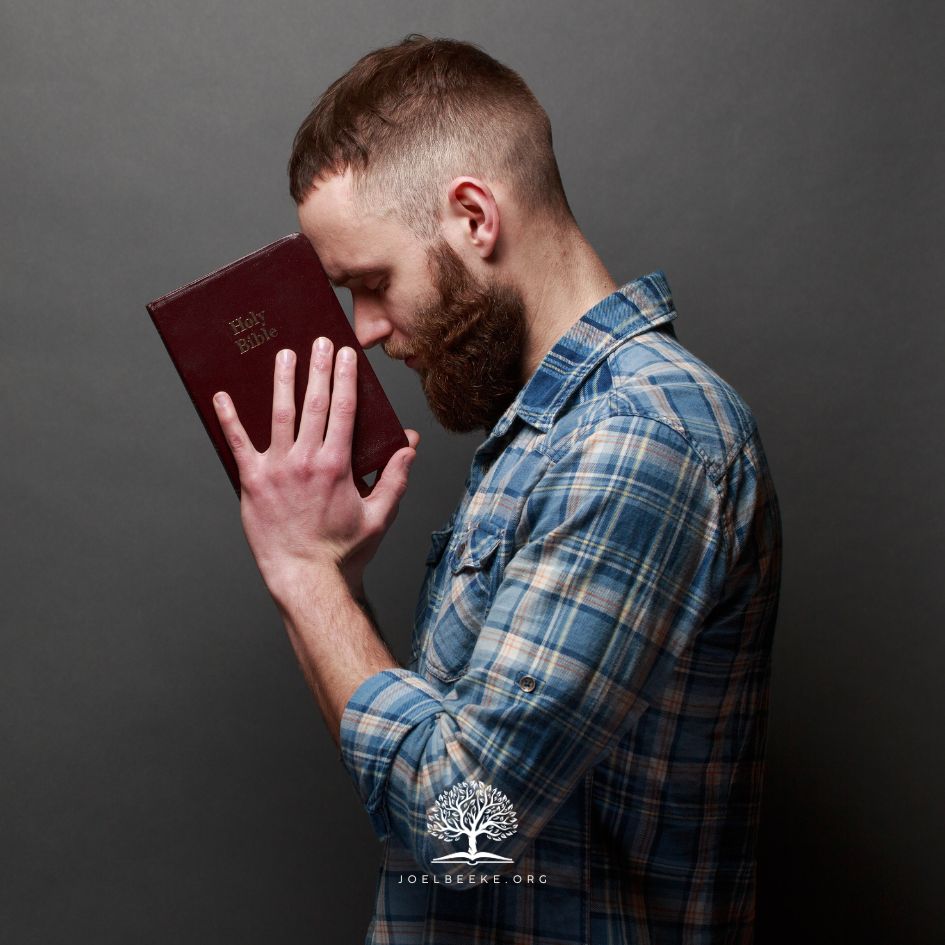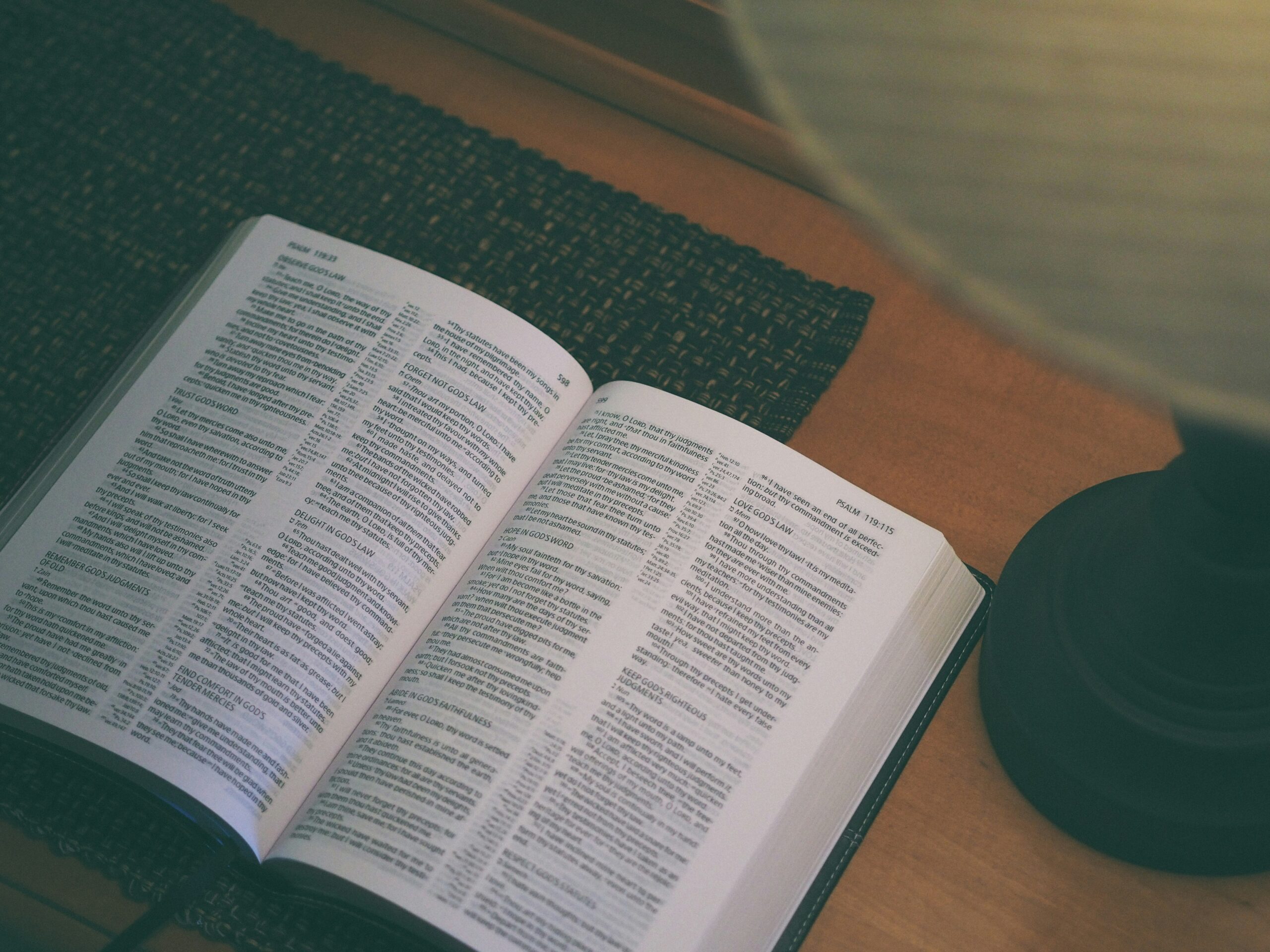
One of the first things that might surprise today’s pastors is the amount of time Puritan pastors devoted to prayer.1For more on the Puritans and prayer, see Joel R. Beeke and Brian G. Najapfour, eds., Taking Hold of God: Reformed and Puritan Perspectives on Prayer (Grand Rapids: Reformation Heritage Books, 2011). Many of them engaged in family and personal worship three times a day. John Norton (1606–1663), a colleague of John Cotton (1584–1652), described Cotton’s typical Sabbath schedule while at home:
He began his Sabbath [the previous] evening; [he] then performed family-duty after supper, being larger than ordinary in exposition, after which he catechized his children and servants, then returned to his study. The morning following, family-worship being ended, he retired into his study, until the bell called him away. Upon his return from meeting, he returned again into his study (the place of his labour and prayer) unto his private devotions; where (having a small repast carried him up for his dinner) he continued till the tolling of the bell. The public service being over, he withdrew for a space to his prementioned oratory for his sacred address unto God, as in the forenoon; then came down, repeated the sermon in the family, prayed, after supper sang a psalm, and towards bed-time betaking himself again to his study, he closed the day with prayer. Thus he spent the Sabbath continually.2John Norton, Abel Being Dead, Yet Speaketh (New York: Scholars’ Facsimiles and Reprints, 1978), 27.
It wasn’t unusual for Puritan pastors to rise early in the morning so they could spend hours in personal devotions. John Howe eulogized Richard Fairclough as a man who would, “every day, for many years together, be up by three in the morning or sooner, and to be with God (which was his dear delight) when others slept.”3John Howe, “A Funeral Service for Mr. Richard Fairclough,” in Works, 3:408. Why did the Puritans devote themselves to prayer with such discipline and fervency?
The first reason was to cast their burdens on God. Puritan pastors unloaded their guilt and shame before the Lord but also anything else that troubled their hearts. Prayer was a means of catharsis for them. Samuel Rutherford (1600–1661) wrote to Marion M’Naught in a letter dating around 1630, “I have many a grieved heart daily in my calling. I would be undone if I had not access to the King’s chamber of presence, to show him all the business. The devil rages, and is mad to see the water drawn from his own mill; but would to God we could be the Lord’s instruments to build the Son of God’s house.”4Samuel Rutherford, Letters of Samuel Rutherford (Edinburgh: Banner of Truth, 2006), 17.
Richard Baxter said in The Reformed Pastor that when his heart grew cold, his congregants could feel the difference:
I confess I must speak it by lamentable experience, that I publish to my flock the distempers of my own soul. When I let my heart grow cold, my preaching is cold; and when it is confused, my preaching is confused: and so I can often observe also in the best of my hearers, that when I have grown cold in preaching they have grown cold too; and the next prayers which I have heard from them have been too like my preaching.5Baxter, The Reformed Pastor, 100.
A second reason for these times of sustained prayer was to allow pastors to focus on supplication for their families and for their ministries. John Bunyan’s (1628–1688) picturesque language captures the pastor’s ongoing need to pray for God’s blessing upon his work: “Prayer is as the pitcher that fetcheth water from the brook, therewith to water the herbs: break the pitcher and it will fetch no water, and for want of water the garden withers.”6John Bunyan, The Riches of Bunyan, ed. Jeremiah Chaplin (New York: American Tract Society, 1851), 309. Thomas Foxcroft elaborated on the pastor’s need for prayer by saying:
Hence it behooves ministers to be very much in the exercise of prayer. They who would become fit for and faithful in the ministry of the Word must give themselves to prayer continually. The prayer of the upright is the most likely method to procure the tongue of the learned, the diligent hand, and an able head. The more fervent and frequent one is at the throne of grace, the better prospect he has of excelling in strength, of growing mighty in the Scriptures, and being skillful in the Word of righteousness.7Foxcroft, The Gospel Ministry, 62.
Shepard offered a sample of his prayer requests for strength and power for himself and the church in another journal entry:
In prayer I was cast down with the sight of our worthiness in this church to be utterly wasted. But the Lord filled my heart with a spirit of prayer not only to desire small things but with a holy boldness to desire great things for God’s people here and for myself, viz, that I might live to see all the breaches made up and the glory of the Lord upon us and that I might not die but live to show forth God’s glory to this and the children of the next generation. And so I arose from prayer with some confidence of answer (1) because I saw Christ put it into my heart to ask; (2) because I saw the cry of the humble (Ps. 34:18).8Shepard, Works, 3:87.
Another reason Puritan pastors made prayer and personal devotions a priority was so they might see the face of God and His glory. They shared David’s desire “to behold the beauty of the LORD” (Ps. 27:4) and to see His power and glory, “so as I have seen thee in the sanctuary” (Ps. 63:2). Foxcroft described the effects of such communion with God on the minister of the Word: “To be often in the mount, having his conversation much in heaven, will admirably warm him in his work, will make his affections glow with a holy heat, and his mind sparkle with rays of glorious light, even as the face of Moses did when he had been with God in Sinai.”9Foxcroft, The Gospel Ministry, 62.
Thomas Watson, who died while in prayer, wrote about the blessing that prayer imparts to the man who prays: “A spiritual prayer is that which leaves a spiritual mood behind upon the heart. A Christian is better after prayer. He has gained more strength over sin, as a man by exercise gets strength. The heart after prayer keeps a tincture of holiness, as the vessel favours and relishes the wine that is put into it.”10Watson, The Godly Man’s Picture, 93.
Prayer for Puritan pastors was more than just a way to obtain gifts of grace for ministry; it was also a way to keep their hearts and minds focused upon the glory of the Lord. It was a way to put all things in proper perspective, viewing them in the light of eternity while enjoying the compelling beauty and excellence of Christ. The challenge for pastors today is to develop the kind of personal communion that the Puritans had with the Lord.
Excerpt From
Encouragement for Today’s Pastors
Joel R. Beeke and Terry Slachter








